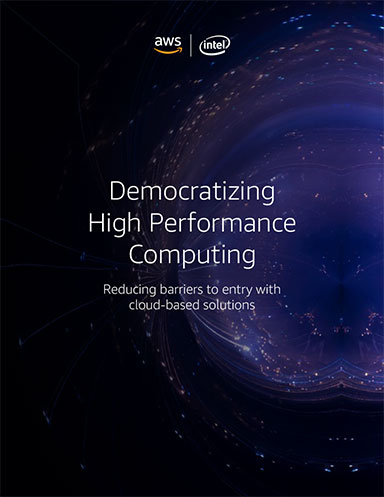In-Circuit Emulator Boosts Productivity with Feature-Rich Programming
Microchip’s MPLAB ICE 4 In-Circuit Emulator features wireless connectivity, power debugging and real-time code profiling using trace.

The MPLAB ICE 4 In-Circuit Emulator is Microchip’s emulation and programming tool for its MCUs and MPUs.
Latest News
January 4, 2022
Microchip Technology Inc. has announced the MPLAB ICE 4 next-generation full in-circuit emulator, debugging and programming development tool for the company’s PIC and AVR microcontrollers (MCUs), dsPIC digital signal controllers (DSCs) and SAM MCUs and microprocessors (MPUs).
The MPLAB ICE 4 In-Circuit Emulator is Microchip’s fastest and feature-rich emulation and programming tool for its MCUs and MPUs, debugging and programming with the easy-to-use graphical user interface of MPLAB X Integrated Development Environment (IDE). The MPLAB ICE 4 In-Circuit Emulator provides a flexible development experience including advanced debugging capabilities to write power-efficient code coupled with features needed to reduce debugging time.
“Engineers can expand their development capabilities with this all-in-one, powerhouse system that provides new possibilities and applications with enhanced hardware and wireless connectivity options,” says Rodger Richey, senior director of Microchip’s development systems business unit. “Together with advanced power monitoring capabilities, embedded design engineers can simultaneously optimize both hardware and software for a comprehensive, power-efficient design.”
The MPLAB ICE 4 In-Circuit Emulator system connects using SuperSpeed USB 3.0 or High-Speed USB 2.0 with an option to go wireless using Ethernet or Wi-Fi connectivity for flexibility and ease of use.
The system provides Ethernet or Wi-Fi connectivity for wireless programming and debugging. Ethernet connectivity provides remote debugging for applications that are monitored over long distance. Wi-Fi connectivity provides isolation from environmental conditions such as high-voltage motor control applications or floating systems with no ground loop.
MPLAB ICE 4’s hardware integrates with MPLAB X CI/CD setup over Ethernet creating an effective combination for hardware in the loop. Designers can use the CI/CD wizard to set up Jenkins and Docker on the latest version of MPLAB X IDE v6.00.
It is equipped with power debugging capabilities to monitor how power consumption correlates to code using MPLAB Data Visualizer. Embedded engineers can extract more from the code by using two independent current-sensing channels with varying resolutions for measuring and optimizing the power consumption of a design.
Engineers can reduce development time using MPLAB ICE 4 In-Circuit Emulator’s advanced features supporting many widely used instrumentation and instruction trace capabilities. ICE 4’s several debug and programming interfaces and options for target connections using adapter boards further help to reduce development time.
The MPLAB ICE 4 In-Circuit Emulator debugs and programs all Microchip MCUs, DSCs and MPUs, simplifying the design process when developers migrate from one Microchip MCU or MPU to another. With the latest hardware, across-the-board device support, multiple features and integration with the latest version of MPLAB X IDE v6.00, it provides a complete development system. In addition to Microchip’s free software, MPLAB X IDE for embedded applications, the company provides a full range of free, optimizing compilers, professional-grade compiler licenses, functional safety licenses and code coverage licenses for developers.
Pricing and Availability
The MPLAB ICE 4 In-Circuit Emulator DV244140 is available for $1,799 and includes one accessory kit. Additional accessory kits are available separately. Microchip’s MPLAB ICE 4 Accessory Kit AC244140 is available for $350.
Sources: Press materials received from the company and additional information gleaned from the company’s website.
More Microchip Technology Coverage
Subscribe to our FREE magazine, FREE email newsletters or both!
Latest News
About the Author
DE’s editors contribute news and new product announcements to Digital Engineering.
Press releases may be sent to them via DE-Editors@digitaleng.news.






